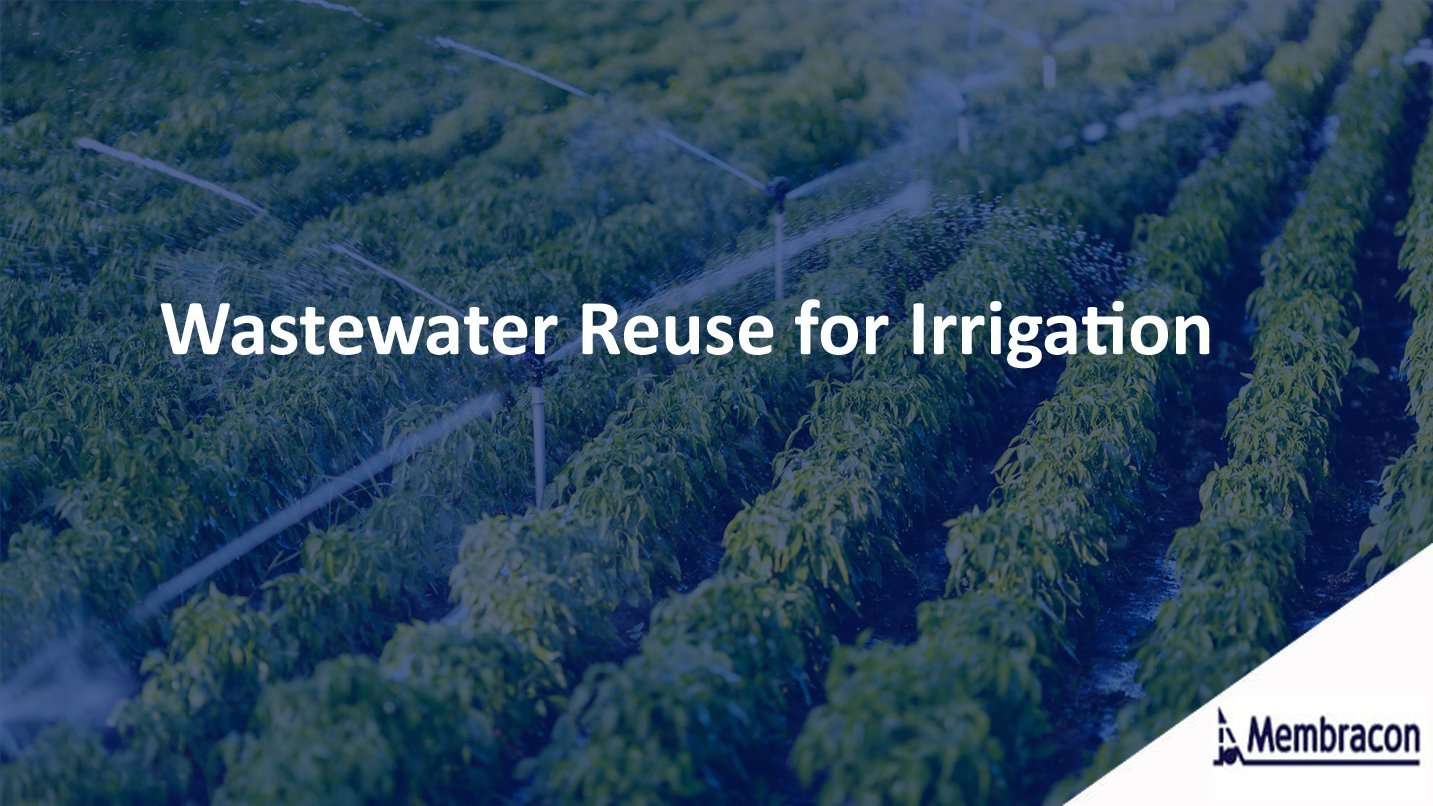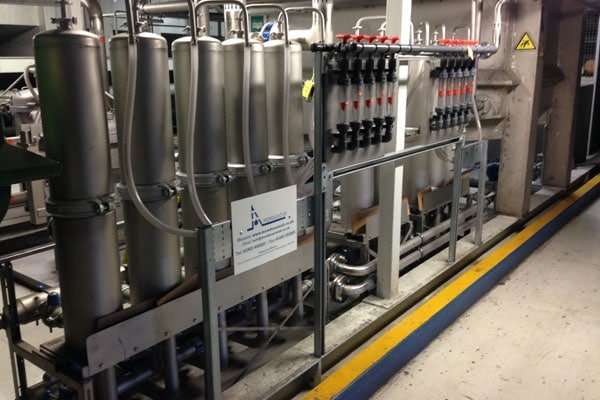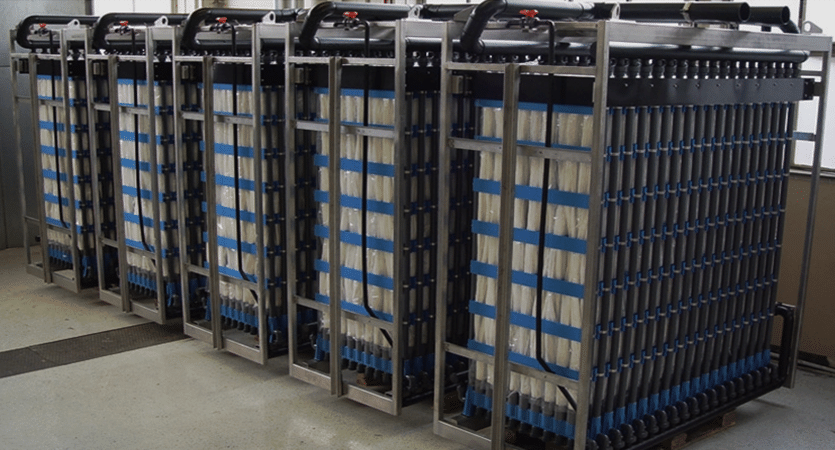
Wastewater Reuse for Irrigation
Farmers have used irrigation to water crops for thousands of years. The earliest known systems date back to 6000 BC when Egyptians in Mesopotamia diverted water from the Nile to fields so they could grow crops on unfarmable land.
Today, irrigation is standard practice in agriculture. It is simply the practice of watering crops by bringing in water from other sources like pipes, canals and other water systems. In other words, irrigation is watering by engineered means.
One of the most resourceful irrigation examples in agriculture is wastewater reuse, where we reuse agricultural wastewater in farming. Examples include wastewater from sediment runoff, animal waste and washing processes.
Wastewater and irrigation
Farm and land managers have a duty to maintain the health of the environment they are responsible for. Water recycling is an important step in this process and irrigation provides a practical application for recycled wastewater.
Wastewater irrigation uses water that would otherwise undergo energy-intensive treatments to return it to the municipal water supply or be released into water systems where it could harm wildlife and local ecosystems.
While raw wastewater can be used for irrigation if it has the right chemical composition, most wastewater in irrigation is treated.
Treated wastewater has been cleansed so that it is neutral and free from polluting chemicals and organic contaminants that are detrimental to crop growing. This is important so that the water provides predictable performance.
Wastewater irrigation treatment systems
Site space, flow rate, system design and the chemical composition of the wastewater are critical factors when specifying a water treatment system.
Here are the main treatment systems for wastewater reuse:
Ultrafiltration (UF)
Agricultural wastewater may be saturated with pesticides, oils, chemical cleaners and pathogens that would be harmful to crops.
To remove chemicals and similar contaminants from wastewater, ultrafiltration (UF) membranes are a good option. Ultrafiltration systems are compact and can be powered by the pressure you get from the tap. They also block out viruses.
UF works by passing liquid through a membrane at pressure. Without that pressure, the water would be too large to fit through the membrane’s pore sizes.
This yields a purified liquid stream – ideal for chemical separation, oil separation and removing pathogens from water and milk. Membracon’s UF systems are compact and ideal for treating wastewater from farming processes.
Membrane Bio-Reactor (MBR)
For treating wastewater with biodegradable contaminants, Membrane Bio-Reactor (MBR) systems are the industry standard. MBRs deploy a biological wastewater treatment process coupled to a membrane filtration system (such as UF).
If you need to treat wastewater that is saturated with organic contaminants, such as sewage, animal waste or sediment runoff, MBRs are the best solution because they are designed to treat significant flow rates efficiently.
MBRs are an alternative to activated sludge systems with several advantages, including lower waste, a higher-quality product, higher volumetric rates and no need for secondary clarifiers which reduces waste and total cost of ownership.
The Membracon Membrane Bio-Reactor supports flow rates up to 2,000m3/day with a smaller footprint than sludge tanks, and it produces a superior product. Treated wastewater is free from suspended solids and partially disinfected.
Get started with wastewater reuse for irrigation
Membracon offers a turn-key solution for wastewater recycling, including design, installation, training, maintenance and servicing. Call us on +44 (0)1902 458501 for a chat.


